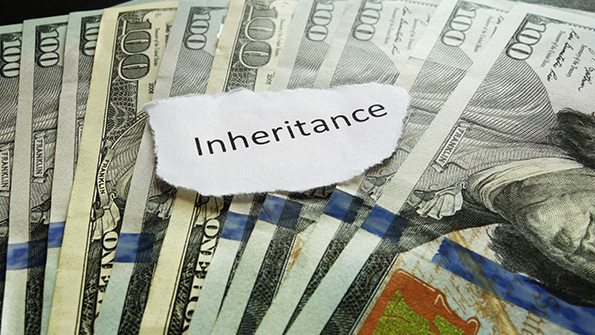Here are the six primary benefits of a lifetime discretionary trust:
1. Protection From Liabilities
An inheritance that goes directly into the beneficiary’s pocket is readily available to pay the beneficiary’s liabilities from a car accident, in bankruptcy, or after a lawsuit. A properly structured lifetime discretionary trust will protect the inheritance from the beneficiary’s liabilities and provide a place for long-term safekeeping.
2. Protection From Divorce
An inheritance that goes directly into the beneficiary’s pocket is readily available for division during a divorce. A properly structured lifetime discretionary trust will keep the inheritance out of the hands of the beneficiary’s soon-to-be ex-spouse.
3. Protection During Incapacity
An inheritance that goes directly into the beneficiary’s pocket will become inaccessible if the beneficiary becomes incapacitated and require court intervention to gain access. An inheritance held inside a lifetime discretionary trust will allow the trustee to manage it for the benefit of the incapacitated beneficiary without any court involvement.
4. Protection for the Bloodline or Charity
An inheritance that goes directly into the beneficiary’s pocket can easily be wasted on fast cars, expensive shoes and extravagant vacations or squandered by the beneficiary’s deadbeat spouse or children. An inheritance held inside a lifetime discretionary trust will be protected and invested for the benefit of the lifetime beneficiary and go wherever the trust-maker wants it to go (such as to grandchildren or a favorite charity) after the lifetime beneficiary dies.
5. Protection From Estate Taxes
An inheritance that goes directly into the beneficiary’s pocket will be subject to estate taxes after the beneficiary dies. A properly structured lifetime discretionary trust can shelter the inheritance from estate taxes after the beneficiary dies.
6. Protect Valuable Illiquid Assets From Premature Sale
A lifetime discretionary trust can allow for valuable, illiquid assets to be sold in a more relaxed way (possibly for a better price), or even to continue developing over many decades. Examples of relatively less liquid assets include certain investment real estate, private equity positions, and some other alternative assets. Their relative illiquidity may mean a forced sale would fetch far less than the assets are worth. A properly structured and managed lifetime discretionary trust can provide better management of these assets.
Source: The Perils of Outright Distributions and Gifts
Design your plan now:
http://Protect.LIFE
 If attacked, do you want to be Victor or Victim?
If attacked, do you want to be Victor or Victim?
At SacredHonor.US, we hate it when people die embarrassed.
And at Protect.FM, we believe good estate plans protect families.
We make it easy for your family to attain the comfort of skill at arms.
David R. Duringer, JD, LL.M, is a concealed firearm instructor and tax lawyer specializing in business and estate planning; licensed to practice law in the states of California and Washington. He is managing shareholder at Protective Law Corporation, serving Southern California from its Laguna Hills (Orange County) headquarters and satellite offices in San Diego County (Coronado and Carlsbad).
© Protective Law Corporation as per date of publication captioned above. All rights reserved unless otherwise noted. Sharing encouraged with attribution and/or link to this page.
COMMENTS:
To comment on this post, look for it on our Facebook and Twitter pages.









